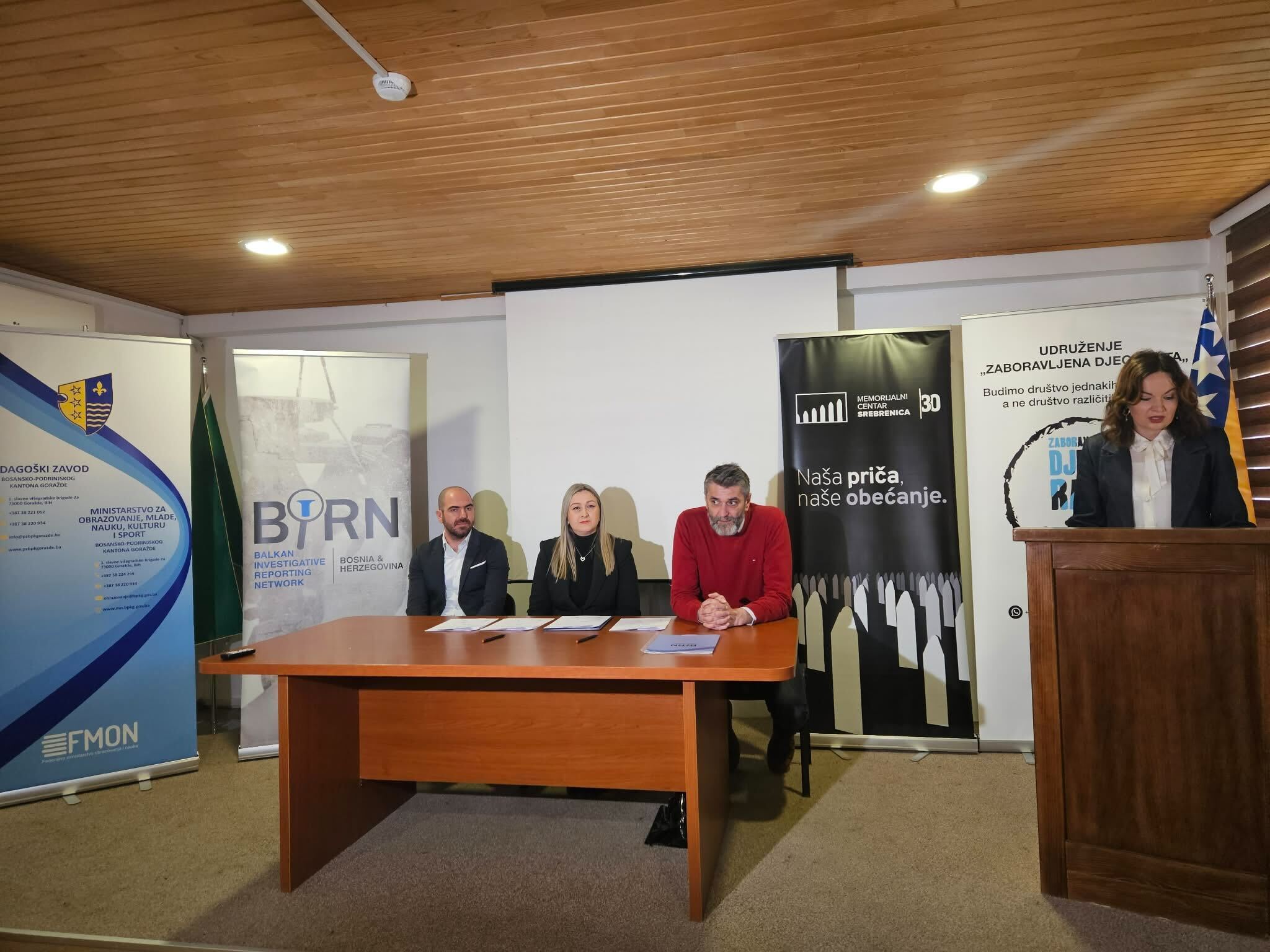This post is also available in: Bosnian
Milosevic, former Commander of the Sarajevo-Romanija Corps of VRS, whom the Hague Tribunal pronounced guilty, in 2009, of crimes against civilians in Sarajevo, said that Mladic was to be blamed for the conflict between civilian and military authorities in Republika Srpska during the war.
Mladic wanted to dominate…He did not want to have any superiors above him. Essentially, he does not respect civilian authorities, Milosevic said, adding that Karadzic tried to replace Mladic in August 1995, but all generals, except him, took Mladics side.
Giving a further explanation at a request of the presiding judge O-gon Kwon, Milosevic said that Mladic did not want to have any superior structure that might be dominant over him.
I never told Mladic: General, God has sent you to command and reign I respected his orders, but I did not show the enthusiasm he expected, the witness said.
When asked by judge Kwon whether it meant that Mladic did not listen to Karadzic, Milosevic said that he cannot say that concretely.
Karadzic, former President of Republika Srpska, is charged with having terrorised the local population in Sarajevo through an artillery and sniper campaign, committed genocide in Srebrenica, persecuted Bosniaks and Croats and taken members of UNPROFOR hostage. Mladic is on trial for those crimes as well.
While being examined by Karadzic, Milosevic denied that his Corps obstructed the delivery of humanitarian aid and electricity, water and gas to the local population in Sarajevo. Speaking about the Sarajevo airport, which was used for bringing aid, he said that it functioned better than the airport in Amsterdam.
The prosecutors are due to begin cross-examining witness Milosevic on Monday, February 3.
In the meantime Karadzic examined witness Tomislav Hrsum, who worked as a police inspector in Pale during the Bosnian war. Hrsum said that Bosniaks were safe in Pale until June 1992, when they submitted a request to leave Pale, which the local authorities approved.
The witness denied that about 400 Bosniaks, who had been brought from Bratunac to Pale at that time, were abused in any way.
While being cross-examined by Prosecutor Alan Tieger, Hrsum denied that Bosniaks were subjected to any pressure to leave the town, saying that they left voluntarily. The witness gave the same answer, when the Prosecutors suggested that Bosniaks were forcibly removed from the Police Station and disarmed.
After Tieger had presented him with the fact that many of the 400 Bosniaks from Bratunac were visibly beaten up, Hrsum said that he could guarantee that they were not abused while they were in Pale.
Karadzic is due to continue presenting its defence evidence on Thursday, January 31.

